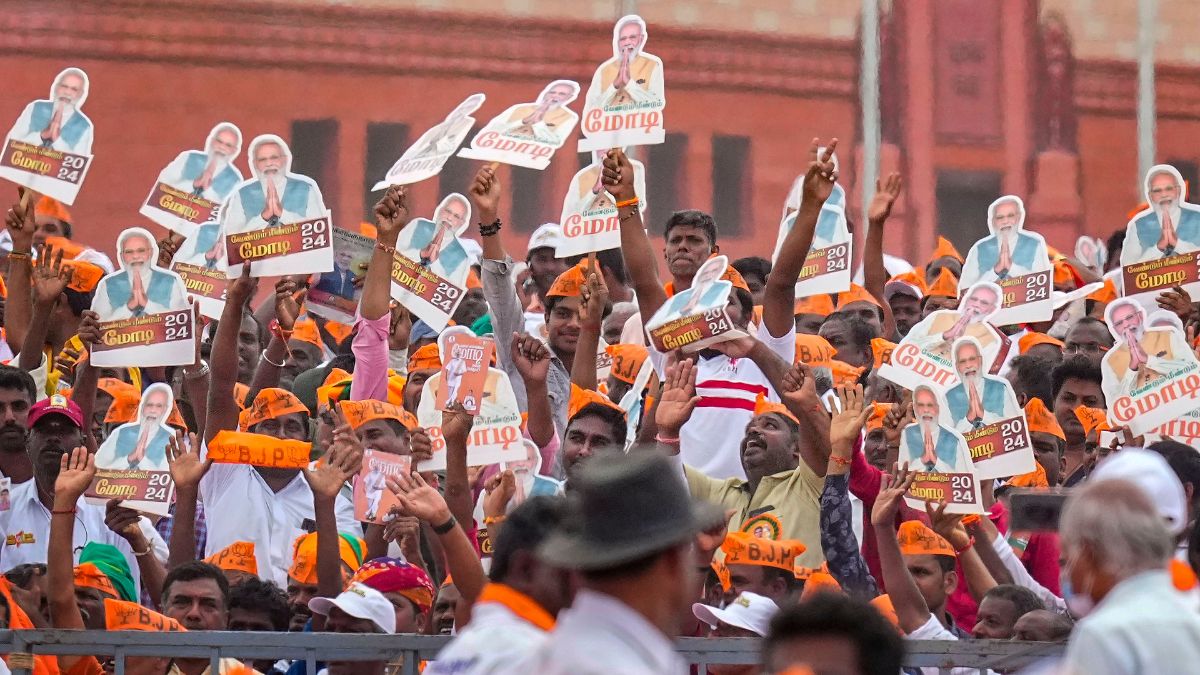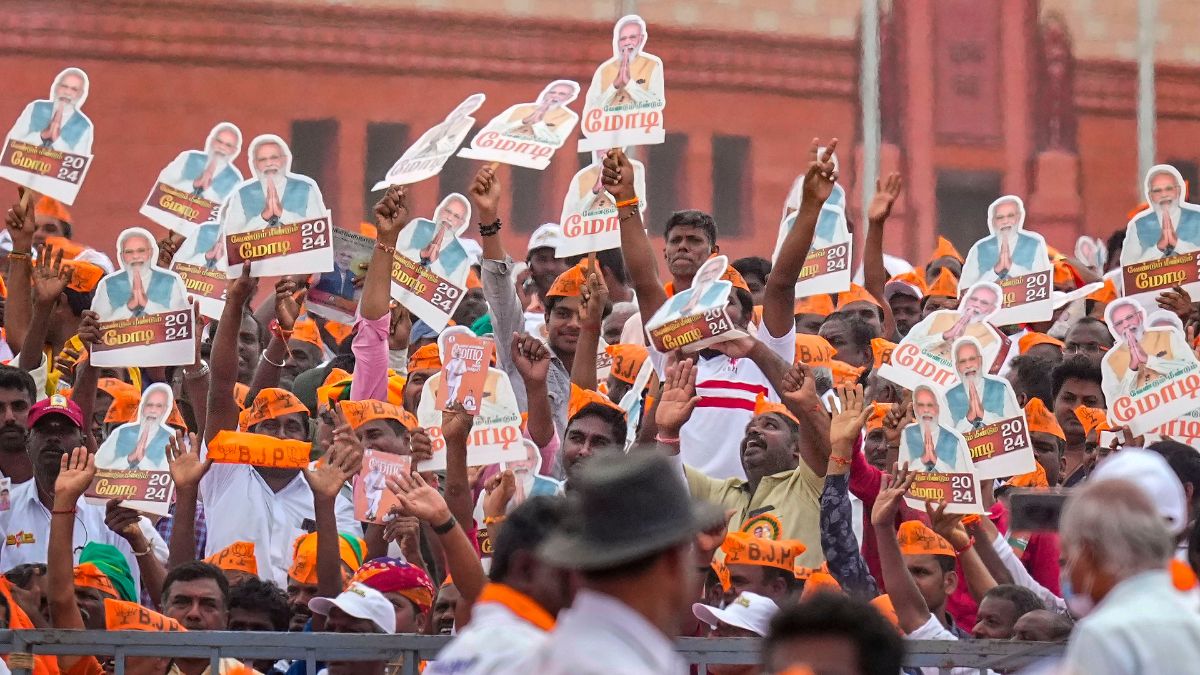Race featured only once that I can remember as part of my upbringing in Kolkata. A senior at school recited Dr. Martin Luther King Jr’s I Have a Dream at the school elocution contest. We listened in awe to the sweeping waves of oratory but without any real context. We understood neither the Biblical psalms it referenced nor the bus boycotts and separate lunch counters it was rooted in. For a middle-class Bengali boy in Kolkata, most of whose friends were other middle-class Bengali boys, racism was well outside the pale. Our experiments with diversity were limited to dhoklas served at the Marwari classmate’s birthday party.
We would like to thing we grew more race-ignorant than racist. But obviously we managed to acquire plenty of racist baggage from somewhere along the way. After the spurt of recent incidents involving North Easterners and Africans , there has been a series of articles puzzling over our “natural-born” racism.
Why are Indians so racist?
There are several reasons being put forth, all perfectly reasonable.
“Our mistreatment of African people is a direct product of our attitude to colour,” writes Karan Thapar in the_ Hindustan Times _ . “We don’t like those who are darker than whilst we ourselves hanker for a fairer complexion.”
“The concept of ‘the other’ from which our caste system and religious fundamentalism against minorities germinates, is the same which stokes these ghastly acts against certain racial groups,” says Anjali Monteiro, professor at the Tata Institute of Social Sciences to HT . The target is interchangeable – Dalit, a north-easterner, a religious minority but it’s about an “intolerance of difference” especially a difference that is very visible.
It’s a combination of “deep-seated inferiority” rooted in the “colonial despair of feeling second-rate” writes Gautam Bhatia in The Hindu . What makes it uglier and more virulent now, he writes is that it shows itself as a “form of bi-polar urbanism where protection of self and turf is paramount, and always guarded against invasion.” And that could mean lashing out at English-speaking north-easterners believed to be getting all the jobs at the malls of the New India or suspicion about Africans presumed to be drug smugglers because some of them might indeed have been.
While all of these play their part in colouring our perception of the other, the larger truth is racism has never really been part of our conversation. Our unity in diversity homilies have always been about putting together images of the little Muslim boy and the little Hindu girl and the little Sikh boy saluting the Indian flag. Religion. Caste. Language. These have all been our markers of difference. But race has rarely been a part of it despite the fact we are not a racially homogeneous country. We almost do not have the vocabulary to even talk about it.
Whether we practise it or not, we know that caste or religious discrimination is wrong. We can also see its impact in day to day life. The maid who will not sit on the sofa. The separate glass for the sweeper at home. We can see the deprivation of a class of people doomed to a future as manual scavengers. But we are not accustomed to seeing racism as bona fide discrimination in India. We think of “chinky” and “hubshi” as almost casual descriptors, no more obnoxious than a Sardar joke. Racism for us is little more than cosmetic. We see no equation between what Martin Luther King Jr was saying in I Have a Dream and buying Fair and Lovely.
This is not to say countries like the United States where children’s books hammer home politically correct messages about racial diversity and Obama is president have become a post-racial society. But what makes the Indian variety of racism especially noxious is it can be both bully and victim at the same time. Indians are rightly aghast about the way Idi Amin treated Indians in East Africa in the 1970s drumming them out of homes, businesses and the country. But they see no double standards about they way they treat Ugandans in Delhi. We are eager to cry “Racism” when a Shah Rukh Khan is frisked at an American airport but excuse it in our own backyard.
The Indian strain of racism comes with one other unsavoury characteristic. All our new-found confidence in our Indian identity has not made us less anxious about seeking validation in the European/American gaze. Every time the New York Times or the The Economist or Time Magazine ventures an opinion on someone like Narendra Modi it sets off a frenzy all of which begin with saying no one cares what the west thinks anyway if it criticized Modi and preening proudly if it praised him.
Many were shocked when it was revealed that South Carolina governor Nikki Haley had marked her race as “white” in a voter registration form. In her defence the first Punjabi immigrants to California were labeled as Caucasian because there was no other bucket to put them in. But Haley is not the first desi in America who wants to aspire up the food chain and be white.
And that’s where we realize it’s not just about an Indian suspicion of the “other” as opposed to racism. The white is as “ other” as the black in India. But as Diepiriye Kuku writes in Outlook , the reaction to his black skin and his partner’s white skin in India is telling:
My partner is white and I am black, facts of which the Indian public reminds us daily. Bank associates have denied me chai, while falling over to please my white friend. Mall shop attendants have denied me attentiveness, while mobbing my partner. Who knows what else is more quietly denied?
There are no easy answers to Why are Indians racist? And by the way as Firstpost pointed out that does not mean we are the second-most racist country in the world as that ridiculous Washington Post survey made India out to be. And there are absolutely no quick fixes to our racism problem. Kuku says his frustration is “we are encourage to ignore situations that make us all feel powerless” and “few operate from a position that believes in change.”
But if there is any good to come out of the ugliness of these recent incidents in our cities, it might be that racism actually enters the conversation and becomes an “Indian” problem.
Until we name it, it simply does not exist for us.


)




)
)
)
)
)
)
)
)